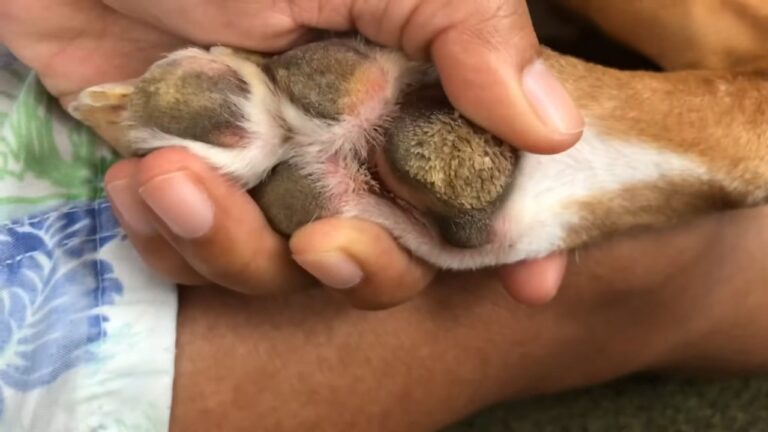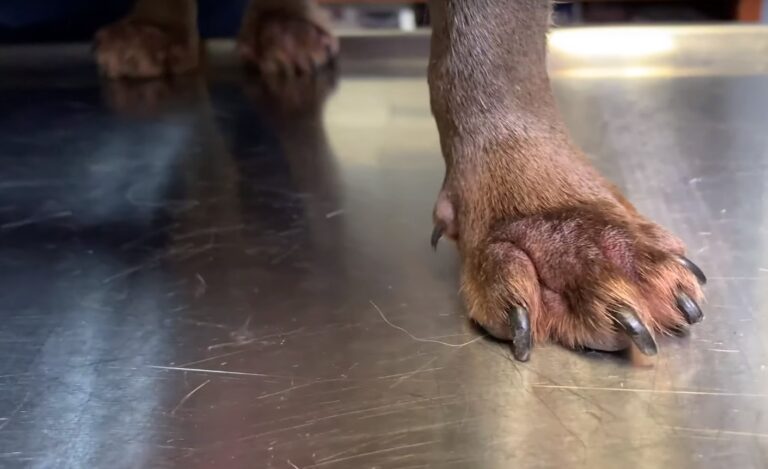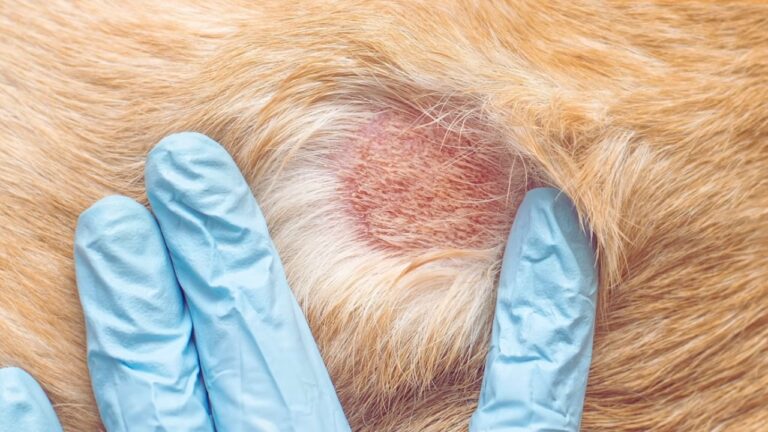The life expectancy for a dog with dilated cardiomyopathy varies significantly among different breeds and depends on numerous individual health factors. Cases detected in an earlier stage may afford a better prognosis through proactive management.
Alternatives can assist in dealing with signs and slowing disorder progression. Regular monitoring and veterinary care are critical in successfully managing the health of a dog with DCM.
Support sources are precious for proprietors to go through the challenges of caring for a dog with this sort of vital fitness situation.
Let me share with you what you can expect.
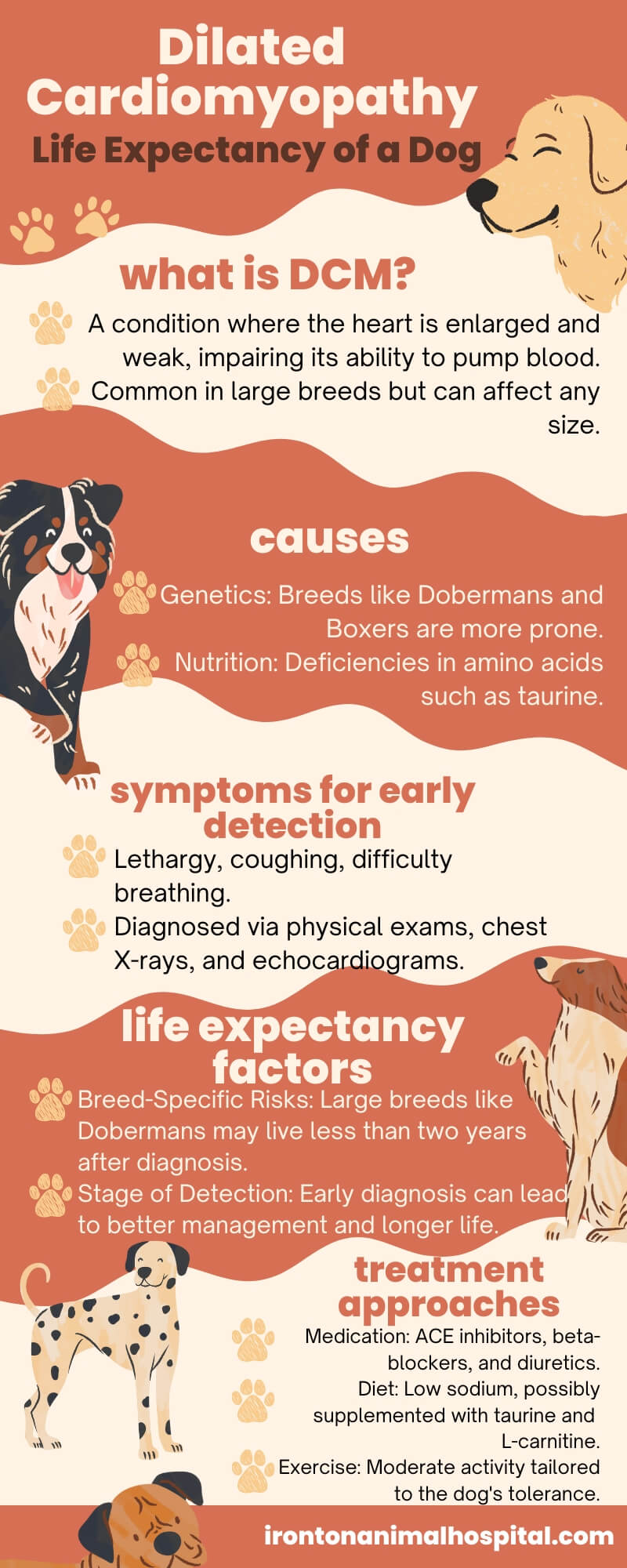
Life Expectancy
Breed-Specific Prognoses

Certain breeds display a genetic predisposition to DCM, that could significantly impact their existence expectancy with this condition. For instance, large breeds consisting of Doberman Pinschers and Great Danes have a tendency to have a poorer analysis than smaller breeds.
According to studies, a Doberman Pinscher with DCM may have a life expectancy of less than two years on average post-diagnosis, emphasizing breed-specific vulnerability.
Stage of Detection and Treatment
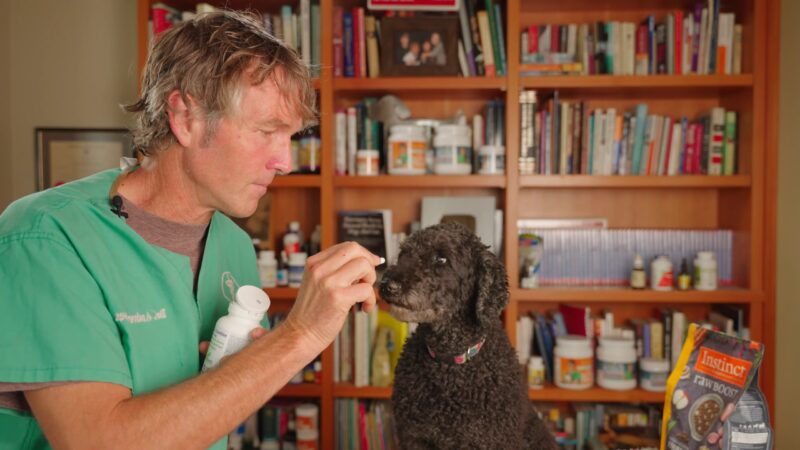
Early detection and subsequent treatment play crucial roles in extending the life of dogs with DCM.The level at which DCM is recognized impacts the management and healing outcomes for the affected dog.
Dogs that receive a prognosis and start remedy in the early ranges of the sickness, before the onset of congestive coronary heart failure, frequently revel in a greater favorable diagnosis. In contrast, those recognized at an advanced stage commonly have a reduced lifespan and can best stay for an extra 2 to 12 months, inspite of right medicine and care.
Early, competitive intervention, which includes remedy and nutritional control, is important for enhancing the existence expectancy and satisfaction of life in puppies with DCM.
Definition and Causes

DCM is a disease where the coronary heart becomes enlarged and the muscle groups weaken, lowering its capacity to pump blood correctly in step with NCBI.
It’s normally seen in big-breed dogs but can occur in any size. Causes range from genetics to taurine deficiencies, despite the fact that the precise cause stays unidentified in masses of times.
- Genetics: Certain breeds, which include Dobermans and Boxers, are predisposed.
- Nutrition: Lack of vital amino acids like taurine.
- Unknown: In many instances, the purpose is idiopathic or unknown.
Symptoms and Diagnosis
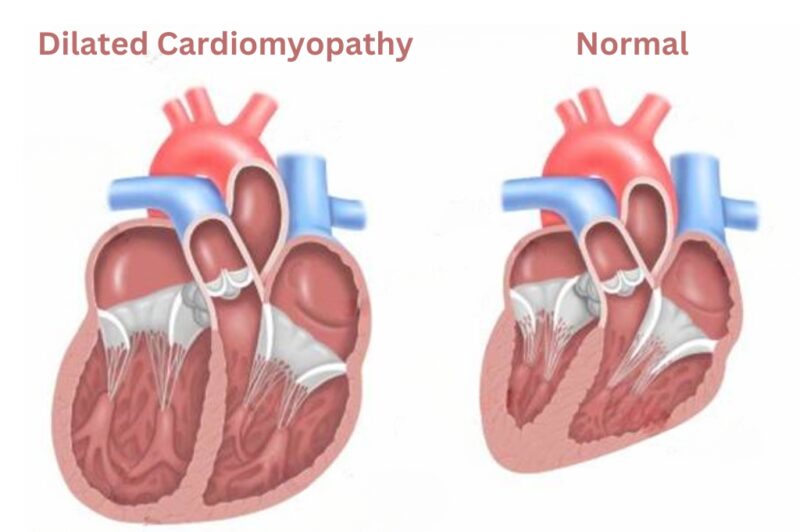
The onset of DCM may be sudden or modern. Symptoms consist of, but are not restrained to, lethargy, coughing, and problem respiratory. A prognosis commonly includes:
- Physical Examination: Noting any signs of coronary heart failure, including fluid accumulation.
- Chest X-rays: To have a look at heart growth.
- Echocardiogram: For specified heart muscle and chamber assessment.
Eary detection through normal checkups is critical for handling this disease.
Treatment Options
Effective remedy for dogs with dilated cardiomyopathy calls for a multifaceted approach, addressing medicine, weight loss plan, and life-style to manipulate symptoms and gradual ailment progression.
Medication and Management
Dogs diagnosed with dilated cardiomyopathy regularly require medicinal drugs to resource heart characteristic and control signs and symptoms.
Common prescriptions include ACE inhibitors, which reduce the workload on the coronary heart with the aid of dilating blood vessels, and beta-blockers to control coronary coronary heart fee and arrhythmias.
Diuretics may be used to reduce fluid accumulation.These medications have to be administered in keeping with veterinary commands.
Dietary Considerations
Diet performs a vital role in dealing with dilated cardiomyopathy. A food plan that is low in sodium can help to limit fluid retention, that is useful for coronary heart health.
Some puppies can also respond properly to diets supplemented with amino acids like taurine and L-carnitine, which have been linked to progressed coronary heart characteristic.
However, particular dietary changes ought to be tailored to each canine’s circumstance and under a veterinarian’s guidance.
Exercise and Lifestyle Adjustments
Although exercise is generally beneficial for dogs, those with dilated cardiomyopathy require moderated physical activity.
Activities need to be mild to avoid overexerting the coronary heart, with changes made based on the dog’s tolerance.
It is likewise important to make sure they’ve good enough relaxation durations and stay in a pressure-loose surroundings to assist ordinary well-being.
Monitoring and Veterinary Care
Effective control of dilated cardiomyopathy (DCM) in dogs calls for ordinary tracking and comprehensive veterinary care. These can drastically have an impact on a canine’s nice of existence and probably stabilize the progression of the disorder.
Regular Check-Ups
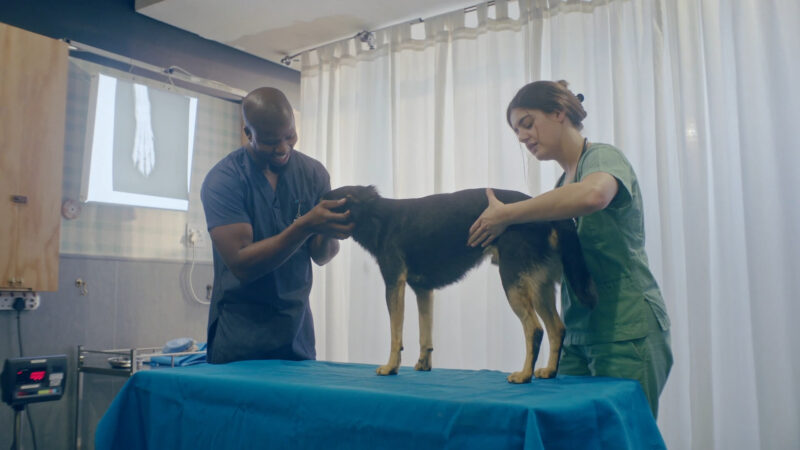
Regular veterinary take a look at-u.S.A.Are critical for dogs recognized with DCM. These check-usaallow veterinarians to song the development of the heart situation and alter treatment protocols as important. These visits need to arise each three to six months, or as prescribed by the veterinarian, with a focal point on analyzing cardiac function and figuring out any adjustments within the dog’s condition.
Advanced Care Options
For those dogs needing extra than preferred remedy, superior care alternatives can be to be had. These can consist of specialized diagnostic testing, along with echocardiograms, to assess heart characteristic and morphology, and using superior medications and cures. Occasionally, interventions like pacemaker implantation may be discussed, and in some cases, referral to a veterinary cardiologist for expert management of the disease may be recommended.
Support and Resources
Living with a dog diagnosed with Dilated Cardiomyopathy (DCM) requires accurate information and a supportive community. Resources aimed at managing this condition help owners make informed decisions and provide the best care for their pets.
Owner Education
Educating oneself about DCM is vital for canine proprietors. VCA Animal Hospitals provide an in-intensity have a look at Dilated Cardiomyopathy in Dogs, presenting guidance at the circumstance’s incidence, mainly in big breeds. Understanding the signs and symptoms and symptoms, which may also consist of fatigue, coughing, and trouble respiration, helps owners are looking for timely veterinary care.
Community Support
Community support proves invaluable during difficult times. American Kennel Club’s 2023 Update on Diet-associated DCM provides updates on the latest research, alongside a platform for owners to share experiences and advice.
Additionally, organizations like the Veterinary Hospital of North Carolina State University offer insights into Canine Dilated Cardiomyopathy, and how certain breeds have varied life expectancies post-diagnosis, typically ranging from 6 to 24 months. Sharing experiences within these communities can help owners navigate the challenges of DCM.
Summary
Managing dilated cardiomyopathy (DCM) in dogs involves early detection, breed-unique care, and a complete treatment plan that consists of medication, dietary modifications, and lifestyle control.
With the right care, dogs with DCM can hold a pleasant existence for a while, emphasizing the importance of ordinary veterinary visits and owner education.
Related Posts:
- 5 Modern Treatment Options for Calcinosis Cutis in…
- 8 Claims of Diatomaceous Earth for Dogs That You…
- At Home Care for a Dog Eye Stye: When Your Dog Winks
- How to House Train an Adult Dog: Step-by-Step Guide 2024
- Dog Heart Murmur - Guide for Pet Parents
- Are Acorns Poisonous to Dogs? - Signs of a Medical Emergency

